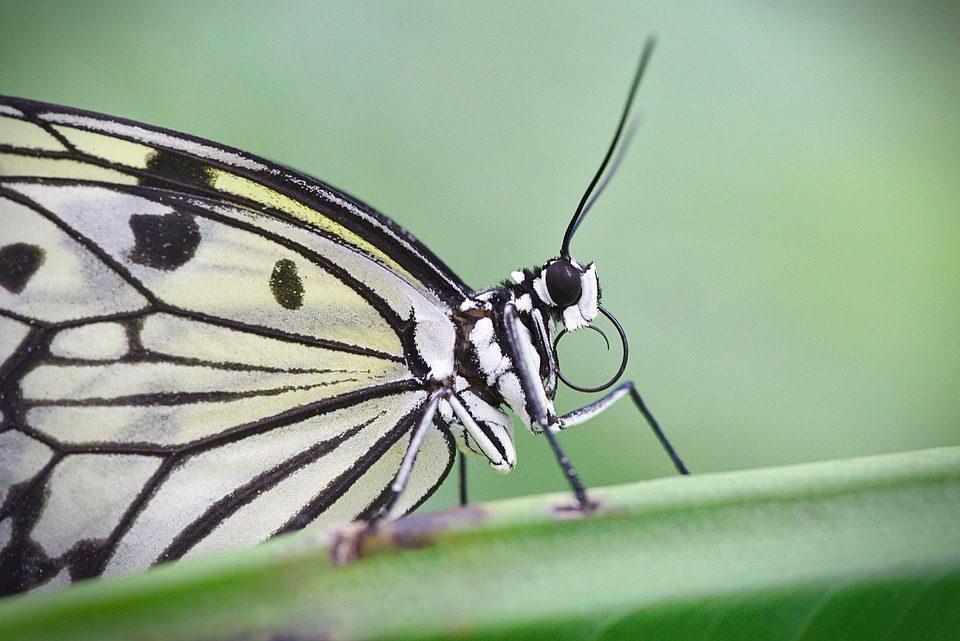Whether you’re hiking through lush forests, camping under the stars, or simply enjoying a picnic in the park, the great outdoors can be a haven for adventure and relaxation. However, nothing can spoil a perfect day outside quite like pesky insects. From mosquitoes buzzing in your ear to ticks lurking in the grass, bugs can be more than just an annoyance; they can pose serious health risks too. Fortunately, with a little knowledge and preparation, you can enjoy your outdoor adventures bug-free. Here are essential tips for effective outdoor protection.
1. Know Your Worst Enemies
Understanding which bugs are most prevalent in your chosen outdoor environment is the first step in bug protection. Mosquitoes thrive in humid, wooded areas, while ticks are commonly found in tall grass and shrubbery. Fleas are often present in areas with pets, and biting flies can be an issue near water bodies. Familiarizing yourself with these insects and their habits can help you take specific precautions.
2. Choose the Right Clothing
Your choice of clothing is crucial in minimizing insect bites. Opt for lightweight, long-sleeved shirts and long pants. Tightly woven fabrics work best, as they are less likely to allow bugs to bite through. Consider treating your clothing with permethrin, an insect repellent specifically designed for fabric. Wearing light-colored clothing can also help, as it makes it easier to spot insects before they bite.
3. Use Quality Insect Repellents
Investing in a good insect repellent is essential for outdoor activities. Look for products that contain DEET, picaridin, or oil of lemon eucalyptus, as these ingredients are effective at repelling biting insects. Apply the repellent to exposed skin and clothing every few hours, especially if you’re sweating or after swimming. Always follow the instructions on the label for application and reapplication.
4. Create a Barrier
If you’re camping or spending extended time in one location, consider setting up a bug-free zone. Use netting or screens over tents and picnic areas, which can provide a physical barrier against insects. Additionally, consider using citronella candles or natural repellents like neem oil or essential oils that deter bugs.
5. Stay Clean and Scent-Free
Insects are often attracted to scents from perfumes, lotions, and food. Keep your skin free from strong fragrances, and opt for unscented toiletries when heading outdoors. When it comes to food, ensure you clean up thoroughly to avoid attracting bugs. This means sealing food in airtight containers and disposing of waste properly.
6. Timing Is Everything
Insects tend to be more active at certain times of the day, particularly during dawn and dusk. If you plan to be outdoors during these peak times, take extra precautions. Minimize your exposure to areas known for high insect activity, and maintain your defensive measures by reapplying insect repellents.
7. Make Breathing Room with Bug Zappers and Traps
If you’re hosting a gathering or spending significant time in your backyard, consider using bug zappers or traps to reduce the insect population around you. While these devices are not foolproof, they can lessen the number of bugs and make outdoor spaces more enjoyable.
8. Conduct Thorough Checks
After your outdoor adventures, especially if you’ve been in areas known for ticks, conduct a thorough check of your body and clothing. Remove any ticks promptly and properly using fine-tipped tweezers. Parenting young children? Ensure they are checked as well, especially around common hiding spots like behind the ears and in hair.
9. Stay Educated and Prepared
Knowledge is power when it comes to bug defense. Stay informed about which diseases are prevalent in your area, such as Lyme disease from ticks or West Nile virus from mosquitoes. The Centers for Disease Control and Prevention (CDC) provides valuable resources and updates regarding vector-borne diseases.
Conclusion
While the great outdoors is a fantastic escape from everyday life, it can sometimes come with its own set of challenges, particularly in the form of annoying and potentially harmful insects. By taking proactive measures, including wearing appropriate clothing, applying effective repellents, and creating a bug-free environment, you can fully enjoy your outdoor adventures without fear of being overrun by bugs. The key is preparation and vigilance—so gear up, get outside, and make the most of all that nature has to offer!
